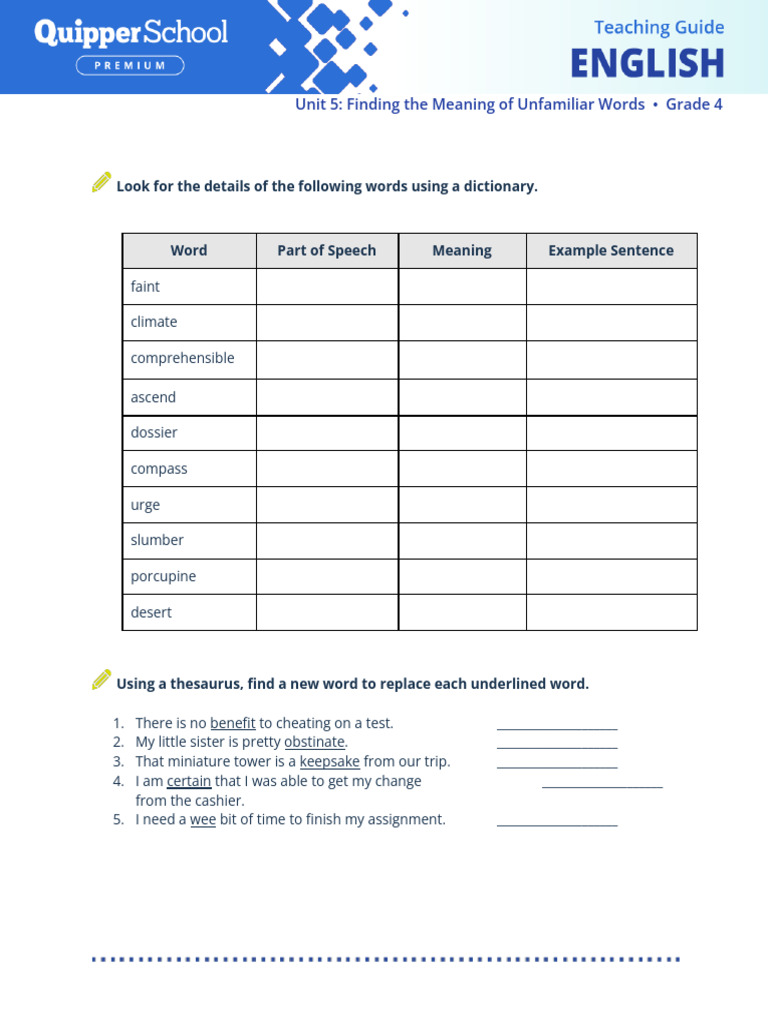

Managing travel anxiety in unfamiliar destinations is key to a positive travel experience. Embarking on a journey to an unknown land can trigger apprehension and fear, leaving you feeling stressed and anxious. This article dives into the strategies to alleviate this anxiety. The underlying fear of the unknown in new environments can stem from a multitude of sources, and can create hurdles during travel. We will explore the causes, practical techniques to ease the anxiety, and steps you can take to regain control and enhance your enjoyment of travel.
Understanding the Root Causes of Travel Anxiety
Recognizing the Triggers
Travel anxiety is often a complex issue with varied triggers. These can range from fear of the unknown in new environments to the pressure of meticulous travel planning. Common triggers include concerns about safety, communication barriers, cultural differences, and unforeseen issues like flight delays or lost luggage. Identifying these personal triggers can lead to better management strategies. Moreover, pre-existing anxieties can exacerbate feelings of stress, highlighting the importance of addressing anxieties prior to the trip.
The Impact of Past Experiences
Past negative travel experiences can significantly contribute to future travel anxiety. For example, difficulties adapting to a new culture or feeling overwhelmed by unfamiliar surroundings can shape future trips. If you’ve faced similar issues in the past, recognize these patterns and proactively develop strategies for managing those anxieties. This proactive planning can improve the likelihood of a positive travel experience. Therefore, acknowledgment and preparation can help to overcome these hurdles.
Developing a Robust Travel Plan
The Importance of Detailed Planning
A well-structured travel plan can significantly reduce anxiety, providing a sense of control and reducing uncertainty. By meticulously mapping out travel itineraries, you can anticipate potential issues and proactively strategize solutions. For instance, identifying alternative transportation options, such as local buses or taxis, ensures backup plans are in place. This includes researching local customs and traditions to demonstrate respect for the destination’s culture. Furthermore, consider purchasing travel insurance to mitigate financial concerns related to unforeseen events. These proactive steps reduce the likelihood of anxiety during travel.
Mastering Mindfulness and Relaxation Techniques
Incorporating Mindfulness Practices
Mindfulness practices, like deep breathing exercises and meditation, can effectively manage stress and anxiety. By focusing on the present moment, you can reduce the impact of anxieties about the future. Techniques such as guided meditations can help alleviate worry and enhance emotional regulation. These practices can be especially helpful when dealing with unexpected delays or challenges. Incorporating these practices before and during your trip can help prepare your mind for unexpected situations.
Employing Relaxation Techniques
Progressive muscle relaxation, another effective anxiety management technique, can help release physical tension. Practicing relaxation exercises before bed can help improve sleep quality. Furthermore, listen to calming music or engage in activities that promote relaxation to counteract the feelings of apprehension. Yoga and other physical activities can offer a complementary approach, providing both physical and mental well-being.
Building a Support System and Seeking Professional Guidance
Leveraging Support Networks
Building a support system of trusted friends and family can provide emotional support and create a sense of security. Talking to your support group about your anxieties can help alleviate feelings of isolation and foster a sense of well-being during your travel planning and during the trip. Sharing your anxieties can build confidence and reduce feelings of vulnerability. This support system can also be instrumental in case of emergency.
Seeking Professional Guidance
Consider seeking professional counseling or therapy to gain personalized guidance for managing anxiety. A therapist can help identify your unique triggers and develop effective coping strategies. Professional guidance can be invaluable in addressing underlying anxiety issues that may contribute to travel anxiety. Through cognitive behavioral therapy (CBT), for example, you can challenge negative thought patterns that might otherwise contribute to anxiety.
Embracing the Unforeseen
Anticipating Challenges
It’s essential to acknowledge that unforeseen challenges can arise, such as flight delays, lost luggage, or unexpected changes in plans. Prepare for these possibilities by having backup plans and contingency strategies. This can include alternative accommodations, local transportation options, and emergency contact information. Having these contingency plans reduces stress in the face of the unforeseen.
Maintaining a Positive Mindset
Maintaining a positive and flexible mindset is essential for coping with unexpected situations. Embrace the opportunity for spontaneous experiences and unexpected discoveries. A positive attitude helps you to view setbacks as learning opportunities rather than insurmountable problems. Maintaining a positive and resilient attitude during travel fosters a more enjoyable experience overall.
Prioritizing Self-Care During Travel
Establishing Routine Practices
Establish a consistent sleep schedule, even in unfamiliar environments. Adequate sleep is crucial for managing stress and maintaining mental clarity. Likewise, ensure proper hydration to combat the fatigue associated with travel. Include regular breaks and periods of rest to rejuvenate both mentally and physically.
Leveraging Technology for Support
Utilizing Mobile Apps for Stress Relief
Numerous mobile applications offer tools for managing stress and anxiety. Meditation apps can provide guided mindfulness exercises, while journaling apps can help you process your thoughts and feelings. These tools can be instrumental in managing anxiety and promoting a sense of calm.
Learning Essential Phrases in the Local Language
Enhancing Communication and Understanding
Learning essential phrases in the local language can create a more positive interaction. Understanding local norms and etiquette can help you feel more confident and comfortable in unfamiliar settings. This builds rapport and encourages positive interactions.
Recognizing and Addressing Anxiety Triggers
Identifying Patterns
Identifying recurring anxiety triggers can provide insight into your own anxieties and assist you in developing strategies to mitigate these triggers.
Developing Coping Mechanisms
Develop effective coping mechanisms in advance, so you’re prepared to proactively face those challenges during your trip. Strategies such as deep breathing exercises, progressive muscle relaxation, or guided imagery can provide a buffer against triggers. This preparation will greatly increase your comfort level in unfamiliar situations during travel.
Frequently Asked Questions
What are the most common causes of travel anxiety?
Travel anxiety can stem from various factors, including fear of the unknown, a lack of control over the environment, and the pressure of planning and executing a trip. Unforeseen challenges like flight delays or lost luggage can also contribute to anxiety. Moreover, past negative travel experiences or a general fear of the unfamiliar can significantly impact the enjoyment of travel. It’s important to identify your personal triggers to manage your anxiety more effectively.
How can I effectively plan for a stress-free trip when visiting unfamiliar destinations?
Thorough planning is crucial for minimizing anxiety during travel. Create a detailed itinerary, including transportation and accommodation arrangements. Have contingency plans in place for potential issues such as flight delays or lost luggage. Familiarize yourself with local customs and norms to feel more comfortable navigating the environment. Research local transportation options and emergency numbers to mitigate potential anxieties. Additionally, consider purchasing travel insurance to help alleviate financial concerns and provide a safety net.
What practical strategies can I employ to manage my travel anxiety in the moment?
In the midst of travel, employ mindfulness techniques such as deep breathing exercises or meditation. Engage in activities that bring you joy and relaxation, like exploring a local park or museum. Connect with fellow travelers or create opportunities to talk to locals for positive interaction. This can help provide a sense of security and belonging. When feeling overwhelmed, focus on the present moment and acknowledge your feelings without judgment.
Can professional help alleviate travel anxiety?
While many people effectively manage travel anxiety through self-care strategies, some may benefit from professional support. A therapist or counselor specializing in anxiety can provide personalized strategies and coping mechanisms tailored to your specific needs. They can help identify the root causes of your anxiety, develop coping mechanisms, and teach you techniques to manage anxiety in the moment. A therapist can help you become more familiar with your own emotions and behavioral patterns that trigger anxiety during travel.
In conclusion, managing travel anxiety in unfamiliar destinations is achievable with preparation, mindfulness, and a positive attitude. By understanding your triggers, building a support system, and practicing relaxation techniques, you can transform your travel experience from a source of fear to one of exciting discovery. If you’re still struggling, consider professional counseling for personalized guidance. Remember, the world awaits, and you can navigate it with confidence! Embrace the journey, and create lasting memories.